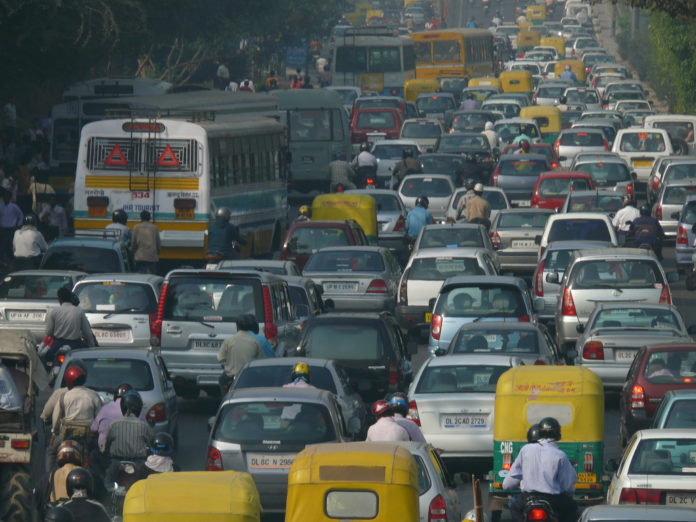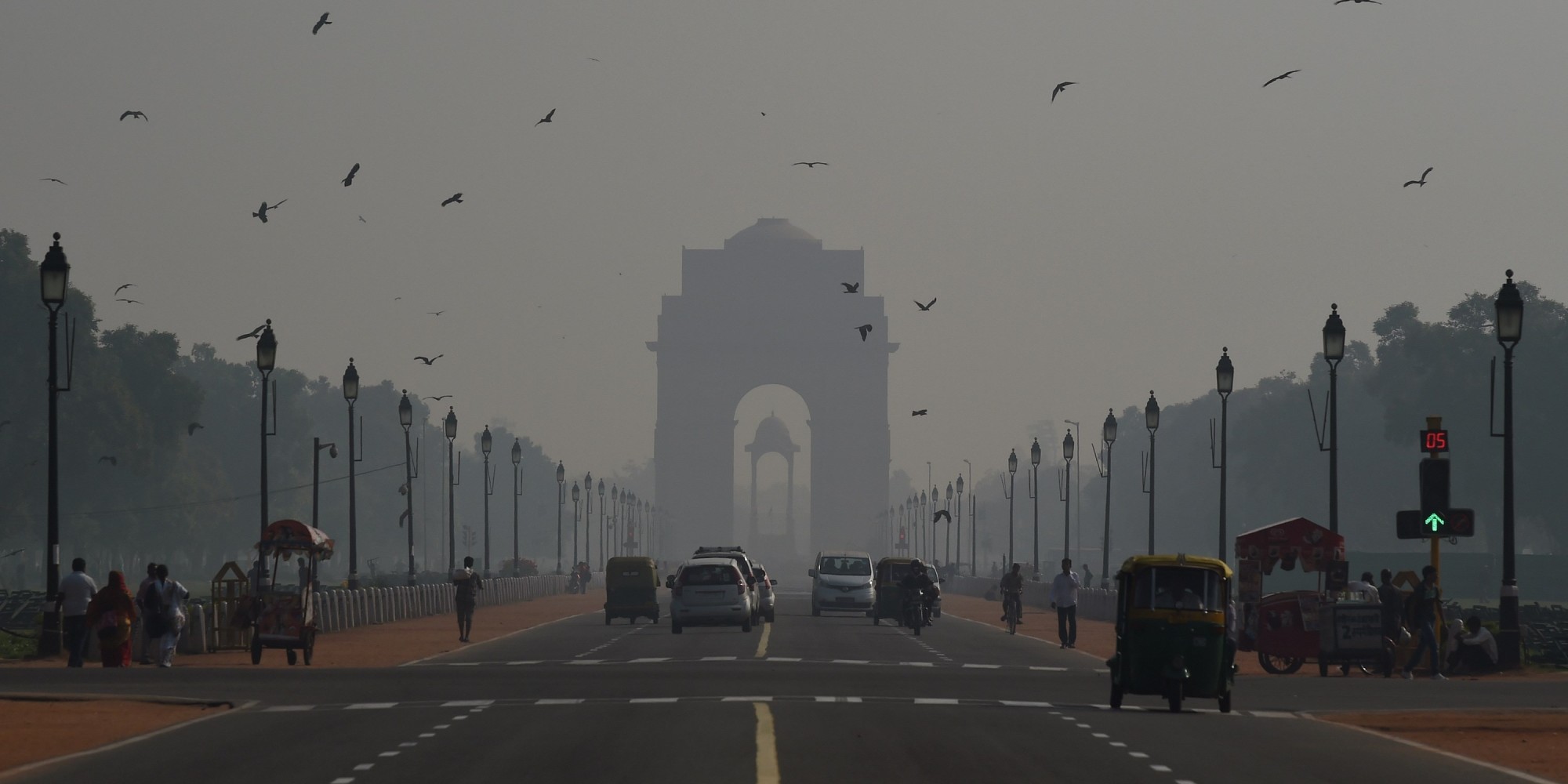
Researchers find reducing air pollution has bigger benefits than finding cure for breast and lung cancer
Want to live longer? Just reduce air pollution, is the prescription from scientists.
Analysis of data from the Global Burden of Disease Study to measure PM2.5 air pollution exposure and its consequences in 185 countries has revealed that air pollution shortens people’s lives by more than a year. This is the first time that data on air pollution and lifespan has been studied together in order to examine the global variations in how they affect overall life expectancy.
Researchers from University of Texas at Austin in the US looked at outdoor air pollution from particulate matter (PM) smaller than 2.5 microns.
“For much of Asia, if air pollution were removed as a risk for death, 60-year-olds would have a 15 per cent to 20 per cent higher chance of living to age 85 or older,”
These fine particles can enter deep into the lungs, and breathing PM2.5 is associated with increased risk of heart attacks, strokes, respiratory diseases and cancer. PM2.5 pollution comes from power plants, cars and trucks, fires, agriculture and industrial emissions.
Air pollution becomes a burning issue every winter in Delhi when poor quality air becomes the norm rather than exception. It triggers a host of diseases including but not limited to asthma and breathing difficulty. Last year during a cricket match as Feroz Shah Kotla cricketers were forced to use masks while playing.
“The fact that fine particle air pollution is a major global killer is already well known. We were able to systematically identify how air pollution also substantially shortens lives around the world. What we found is that air pollution has a very large effect on survival — on average about a year globally,” said Joshua Apte, who led the study published in the journal Environmental Science & Technology Letters.
In the context of other significant phenomena negatively affecting human survival rates, Apte said this is a big number. “For example, it’s considerably larger than the benefit in survival we might see if we found cures for both lung and breast cancer combined,” he said. “For much of Asia, if air pollution were removed as a risk for death, 60-year-olds would have a 15 per cent to 20 per cent higher chance of living to age 85 or older,” he added.













